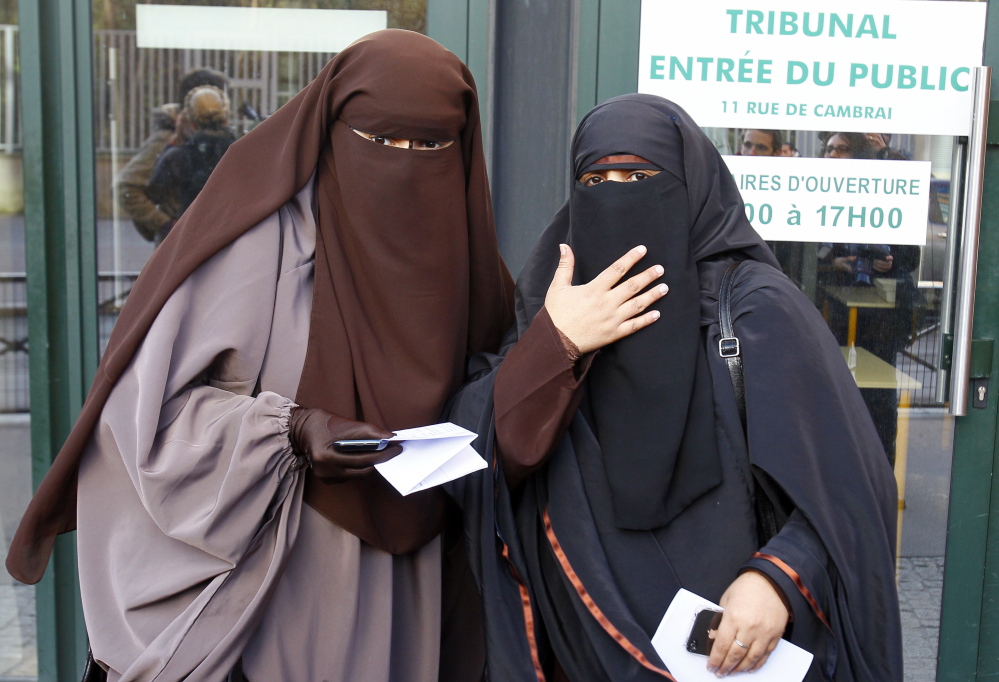GENNEVILLIERS, France — Rather than fall quiet as requested during a national minute of silence last week, three boys in Hamid Abdelaali’s high school class in this heavily Muslim suburb of Paris staged an informal protest, speaking loudly through all 60 seconds.
Across France, they were not alone. In one school in Normandy, some Muslim students yelled “God is great!” in Arabic during that same moment. In a Paris middle school, another group of young Muslims politely asked not to respect the minute, arguing to their teacher, “You reap what you sow.”
Abdelaali, a 17-year-old high school senior who did observe the quiet minute, said he did so only because he was outraged by the killings in the name of his religion that were carried out at Charlie Hebdo – the satirical French newspaper attacked by Islamist extremists. But he also said he feels disgusted by a newspaper whose provocative cartoons had used the image of the prophet Muhammad for satire, and which continued to do so in its tragicomic first edition hitting newsstands Wednesday morning.
“I know some kids who agreed with the attack,” he said. “I did not, but I also cannot say that I support what Charlie Hebdo is doing.”
Within France’s Muslim community of some 5 million, many are viewing the tragedy in starkly different terms from their non-Muslim compatriots. They feel deeply torn by the now viral slogan, “I am Charlie,” arguing that no, they are not Charlie at all.
Many of France’s Muslims abhor the violence that struck the country last week. But they are also revolted by the notion that they should defend the newspaper. By putting the publication on a pedestal, they insist, the French are once again sidelining the Muslim community, feeding into a general sense of discrimination which, they argue, helped create the conditions for radicalization in the first place.
Unemployment and poverty remain far higher among France’s Muslims than in the nation overall. Joblessness and poverty are particularly high in heavily Muslim Paris suburbs such as Gennevilliers, an area of sprawling, dense apartment blocks where at least one of the gunmen lived. On the streets here, Charlie Hebdo remains something different, a symbol of what some, such as Mohamed Binakdan, 32, describe as the everyday humiliation of Muslims in France.
“You go to a nightclub, and they don’t let you in,” said Binakdan, a transit worker in Paris. “You go to a party, they look at your beard, and say, ‘Oh, when are you going to Syria to join the jihad?’ Charlie Hebdo is a part of that, too. Those who are stronger than us are mocking us. We have high unemployment, high poverty. Religion is all we have left. This is sacred to us. And yes, we have a hard time laughing about it.”
Send questions/comments to the editors.



Comments are no longer available on this story